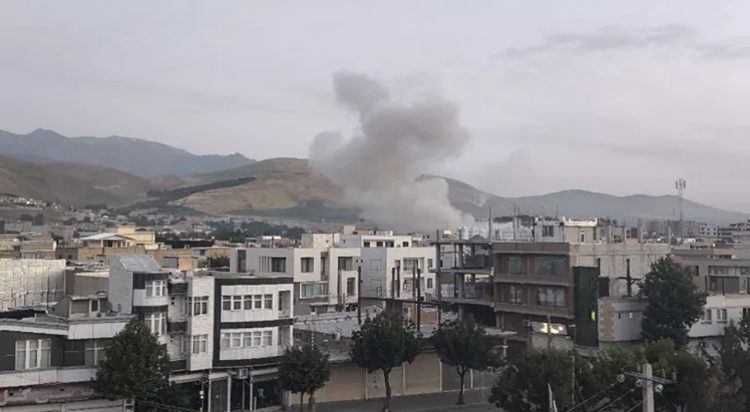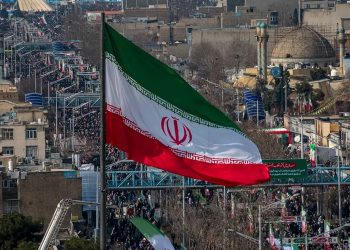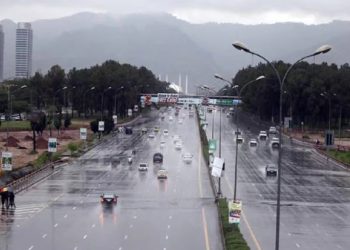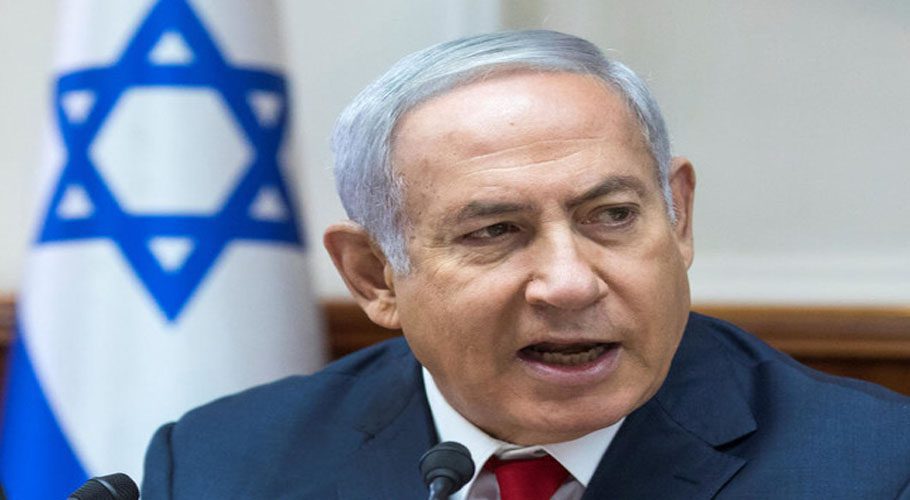In a major escalation of regional tensions, Israel launched a large-scale airstrike on Iran in the early hours of Friday, targeting multiple Iranian cities and critical nuclear sites.
The coordinated attack, described by Israeli officials as “preemptive,” struck deep into Iran’s nuclear infrastructure, military command centers, and leadership hierarchy.
Cities and Sites Targeted
Among the primary targets were the cities of Tehran, Isfahan, and Arak — key hubs in Iran’s nuclear and military programs. In Tehran, explosions rocked major military command centers, including the Islamic Revolutionary Guard Corps (IRGC) headquarters. Strikes also hit nuclear research facilities situated within the capital.
Isfahan, home to the Uranium Conversion Facility and various other nuclear installations, was heavily targeted. The Natanz Nuclear Facility — Iran’s main uranium enrichment site located in Isfahan province — also suffered extensive damage. Arak, housing Iran’s Heavy Water Reactor, was similarly struck in the broad assault.
The airstrikes specifically targeted:
- Natanz Nuclear Facility: Iran’s primary uranium enrichment center.
- Fordow Fuel Enrichment Plant: A heavily fortified underground enrichment site near Qom.
- Isfahan Uranium Conversion Facility: Responsible for processing uranium for enrichment.
- Arak Heavy Water Reactor: Critical for producing plutonium for potential weapons development.
In addition to nuclear targets, Israel also struck multiple missile production and launch sites across Iran. These attacks aimed to significantly degrade Iran’s long-range missile capabilities, which Israel views as an existential threat.
To ensure operational success, Israeli forces neutralized Iranian air defense installations, limiting the ability of Iranian forces to repel the airstrikes.
The operation extended beyond infrastructure, aiming at Iran’s top military leadership and nuclear scientists. High-profile casualties reported include:
- IRGC Commander-in-Chief Hossein Salami
- Iranian Chief of Staff Mohammad Bagheri
- Gen. Gholam Ali Rashid, commander of the “Khatam al-Anbiya” military complex
- Senior nuclear scientists Dr. Fereydoon Abbasi and Mohammad Mehdi Tehranchi


































